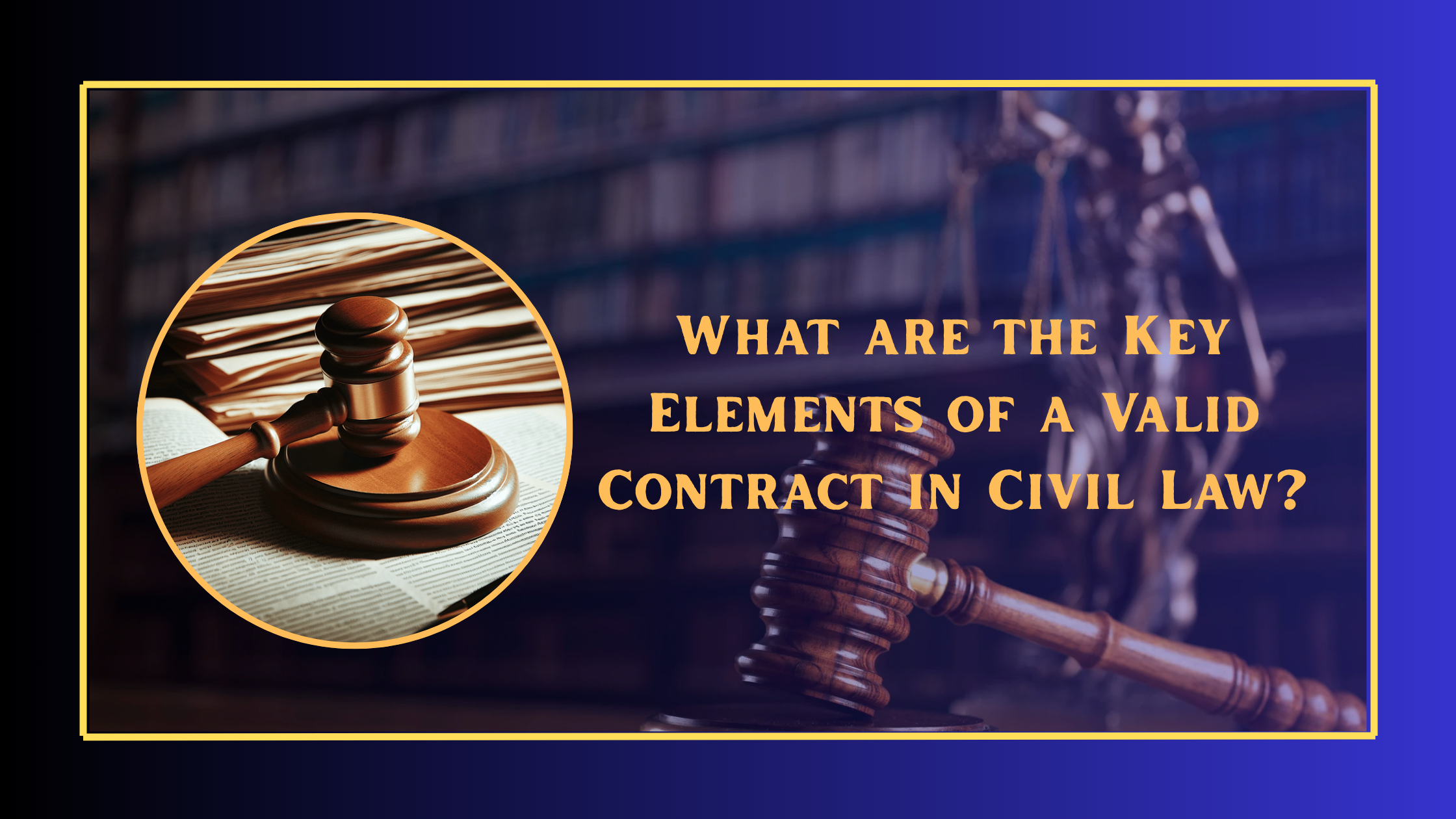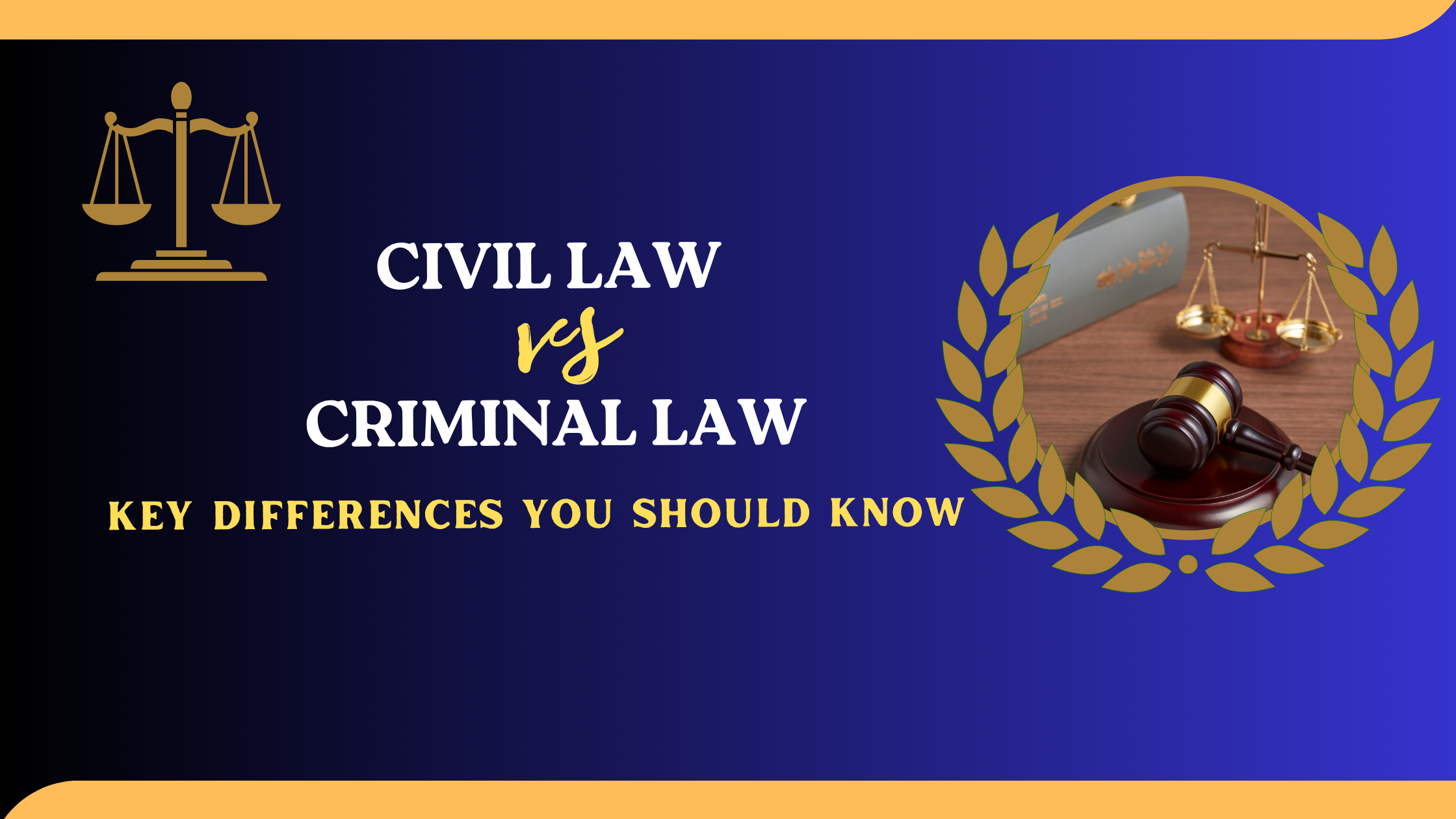What Is Civil Litigation and Why Is It Crucial for Legal Disputes in India
Civil litigation is a fundamental part of the legal system that addresses disputes between private parties. These disputes can involve individuals, businesses, or organisations and typically revolve around issues such as contracts, property, family matters, and other non-criminal conflicts. Unlike criminal cases, which involve offences against the state, civil litigation seeks to resolve private disagreements and provide remedies through the courts.
Understanding Civil Litigation
At its core, civil litigation involves one party filing a lawsuit against another to seek compensation, enforcement of rights, or specific relief. The process is governed by procedural laws designed to ensure fairness, transparency, and due process for all involved. Cases can be resolved through various stages, including pleadings, evidence collection, hearings, and finally, a court judgment or settlement.
Civil litigation covers a wide array of cases, including but not limited to:
- Disputes over property ownership and boundaries
- Breach of contract claims
- Claims related to business agreements and partnerships
- Inheritance and succession conflicts
- Defamation and personal injury claims
Each of these cases requires a clear understanding of legal principles and a strategic approach to effectively present facts and arguments in court.
Why Civil Litigation Is Essential in India
In a country with a vast and diverse population like India, civil litigation plays a crucial role in maintaining social order and justice. It offers individuals and entities a peaceful and legal method to resolve disputes, helping avoid self-help remedies or vigilantism.
Key Reasons Why Civil Litigation Matters
- Protection of Legal Rights
Civil litigation enables parties to assert and protect their legal rights. Whether it’s enforcing a contract or safeguarding property ownership, the court’s intervention ensures that rights are upheld according to law.
- Fair and Transparent Process
The judicial system follows strict procedural rules, guaranteeing that both parties have an opportunity to be heard, present evidence, and challenge opposing claims.
- Legal Enforcement of Judgments
Unlike informal settlements, court orders resulting from civil litigation are legally enforceable, providing certainty and finality to disputes.
- Promotion of Accountability
Knowing that legal recourse is available deters parties from breaching agreements or engaging in unfair practices, thereby encouraging compliance and good faith.
- Support for Economic Stability
For businesses, civil litigation ensures that contracts and commercial transactions are honoured, which is vital for maintaining investor confidence and operational stability.
The Role of Experienced Legal Support
Engaging expert legal counsel is critical to successfully navigating the complexities of civil litigation. A knowledgeable civil litigation firm in Mumbai understands the intricacies of local court procedures and can craft tailored strategies to protect clients’ interests. Effective representation can reduce delays, manage costs, and increase the chances of a favourable outcome.
When clients seek the best law firm in Mumbai, they often look for proven expertise, reliability, and personalised service that aligns with their unique legal needs. Such firms combine legal knowledge with practical experience to guide clients through every stage of the litigation process.
Conclusion
Civil litigation remains an indispensable tool for resolving disputes and safeguarding rights within India’s legal framework. It provides a structured, fair, and enforceable avenue for individuals and businesses to seek justice. With the right legal guidance, parties can confidently approach civil litigation, knowing their interests are protected and their disputes are addressed through a system built on fairness and the rule of law.




